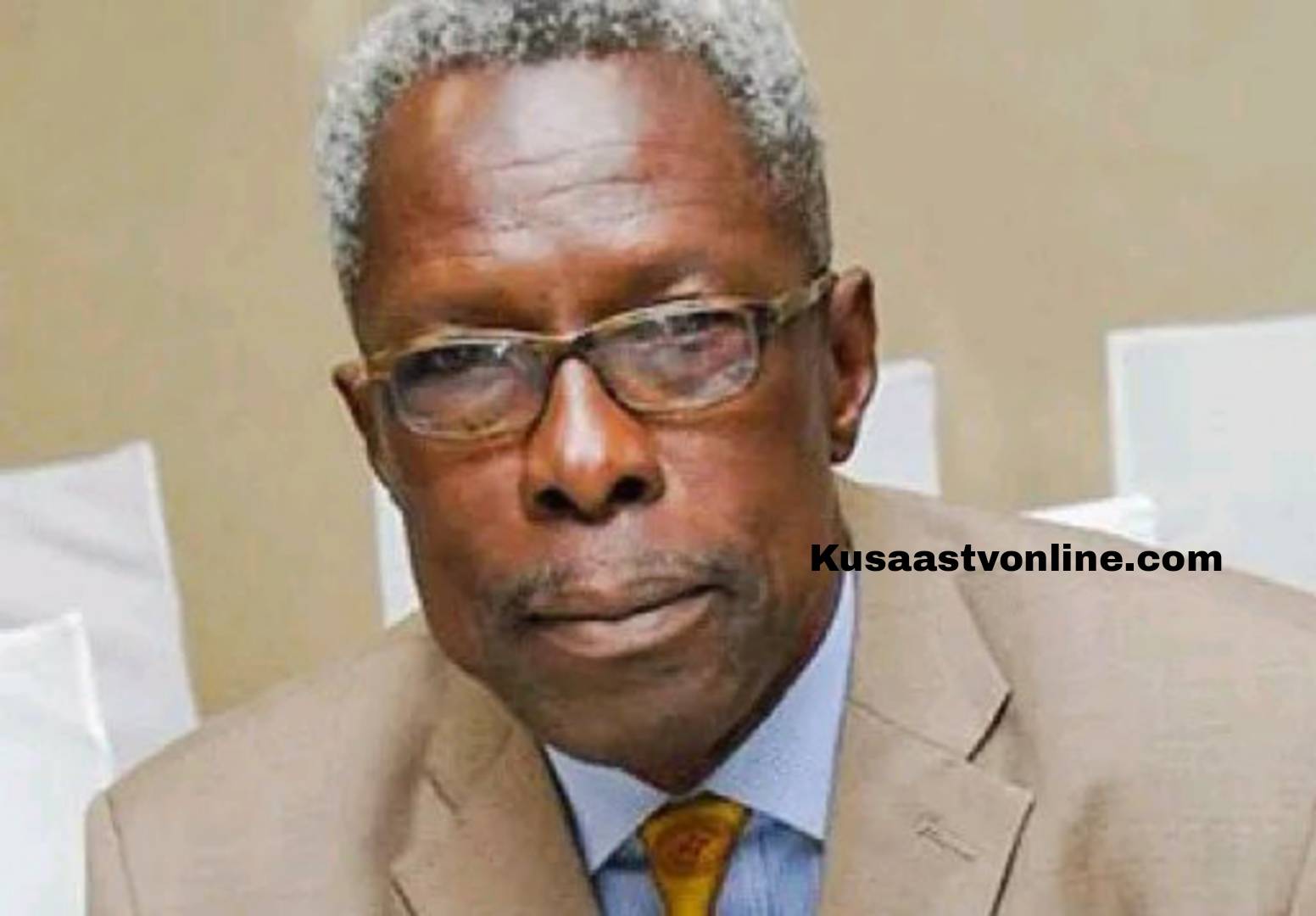In a surprising turn of events, the Office of the Special Prosecutor (OSP) has launched an investigation into a food-sharing incident in the Ayawaso West Wuogon constituency. This development has captured the attention of Ghanaians everywhere, raising serious questions about fairness and ethics during elections. The incident, which involved distributing food items to the public, has drawn suspicion that it might have been a strategy to influence voters.
Food-sharing events during election periods are not uncommon, but they often spark debates about whether such acts are genuine gestures of kindness or thinly veiled attempts at vote-buying. For some, it might seem harmless or even generous, but for others, it raises the alarm about unfair advantages in the democratic process. The OSP's decision to investigate signals the seriousness of this issue, as it directly impacts public trust in the electoral system.
Ghana prides itself on being a beacon of democracy in Africa, but incidents like this highlight the challenges the nation still faces in maintaining free and fair elections. The OSP, established to combat corruption and ensure accountability, is stepping in to ensure that the rules are followed and that every voter’s voice is respected. This investigation is a reminder to political leaders and citizens alike that the integrity of elections must not be compromised.
While this story unfolds, another controversy has taken center stage in Ghana’s political discourse. Martin Amidu, the former Special Prosecutor, has publicly criticized President Nana Akufo-Addo for commissioning projects right before elections. According to Amidu, these last-minute project inaugurations are not only unnecessary but also disrespectful to voters. He argues that such actions are intended to sway voters, presenting them as strategic moves rather than genuine developmental efforts.
For many Ghanaians, Amidu’s comments hit home. People often wonder why projects that could have been completed months or years earlier suddenly get rushed before elections. Is it a coincidence, or is it a calculated political strategy? The criticism has reignited debates about whether these commissionings are about development or merely a way to gain political mileage.
Amidu’s bold stance has made headlines, but it also raises a bigger question: Should leaders focus more on sustainable, long-term development rather than short-term gestures aimed at winning votes? His statement, calling these acts “an insult to the electorate,†reflects the frustration of many citizens who want to see real change rather than performative actions.
Meanwhile, on a different note, reminders about the importance of securing online accounts continue to surface. "Retrieve your password" may sound like a simple instruction, but it serves as a crucial reminder in today’s digital age. With cybercrimes on the rise, keeping passwords safe and learning how to recover them when necessary has become more important than ever.
Shifting back to political matters, Tony Aido, a figure in the public eye, has also been mentioned in various discussions. Although details surrounding his involvement in these recent events are unclear, his name being part of the conversation adds another layer of intrigue. Whether he plays a significant role or is just a minor figure in these developments, people are curious about what his presence could mean.
The backdrop to all these stories is a society grappling with its identity as a democracy. Ghana has made great strides, but incidents like food-sharing scandals, questionable pre-election commissionings, and public criticisms from key figures like Martin Amidu remind everyone that democracy is a journey, not a destination.
At its core, democracy is about fairness, equality, and respect for the voice of every citizen. Actions that undermine these principles, whether intentional or not, threaten the very fabric of a democratic society. Investigations like the one launched by the OSP are vital not just for addressing the immediate issue but also for setting a precedent that such behavior will not be tolerated.
For the average Ghanaian, these events might seem far removed from their daily lives, but they are, in fact, deeply connected. A fair electoral system ensures that leaders are chosen based on merit and vision, not manipulation or temporary handouts. It ensures that the resources of the country are used for the benefit of all, not as tools for political gain.
As these stories continue to unfold, one can only hope that the outcomes lead to greater accountability and transparency. Ghanaians deserve leaders who put their needs first, not their political ambitions. They deserve elections that are free from manipulation and acts that compromise fairness.
In the end, whether it’s food-sharing scandals, project commissionings, or cyber safety reminders, the lesson remains the same: integrity matters. It matters in politics, in governance, and even in the small acts of daily life. For Ghana, a country with so much promise, staying true to these values is the key to a brighter future.
Let these events serve as a wake-up call for everyone, from politicians to voters. Democracy thrives when its principles are upheld, and its people remain vigilant. Ghana’s journey is far from over, but with each step, it gets closer to the ideals it stands for.




No comments yet
Be the first to share your thoughts!